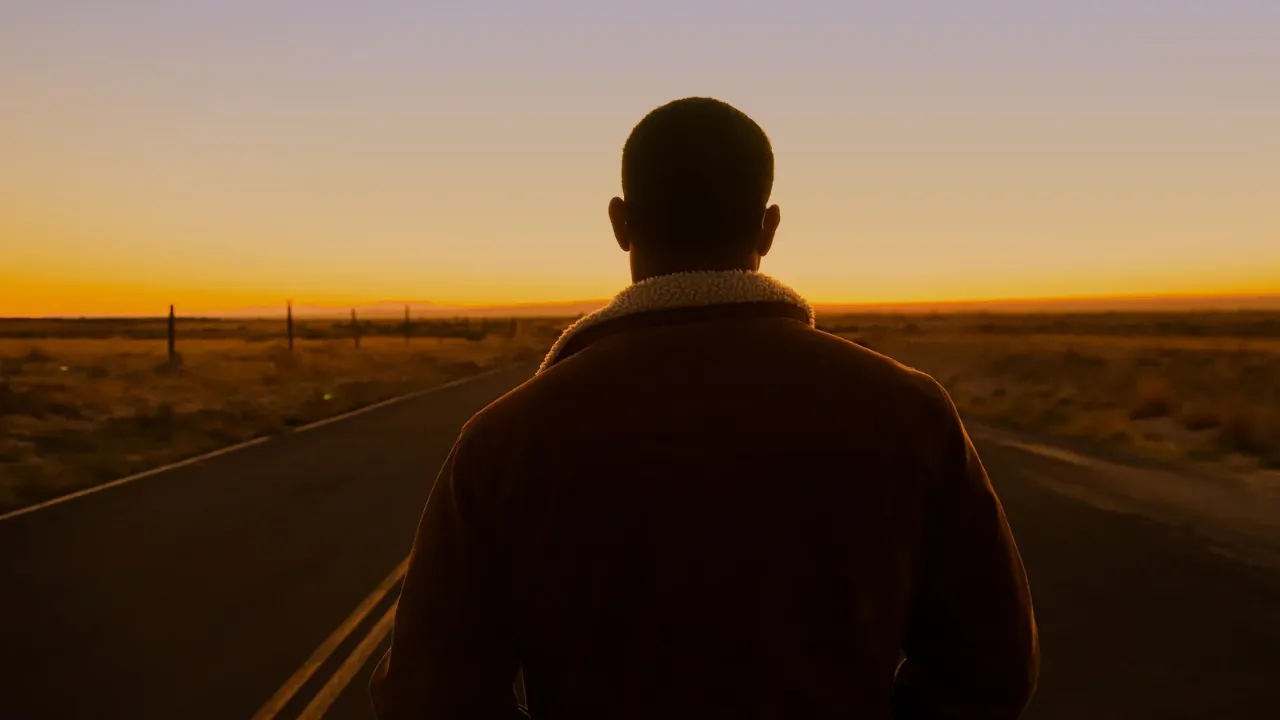One thing I've come to learn in life is that sometimes walking away doesn't necessarily mean you're weak; instead, it insinuates wisdom, and through the years I've come to understand that it's not every situation that requires my attention or presence, reaction, or energy. It's not like it contradicts the popular phrases "face your fear" or "stand your ground"; it's just that we'll grow to a stage in our lives when we'll appreciate the peace that comes from silence and the strength it gives knowing that we've avoided what would have given us a tough time.

Like I said above, avoiding unnecessary conflict or situations doesn't necessarily mean we're running away; it just simply means we value and choose peace over chaos and conflict and growth over regression, and we as well choose clarity over confusion. I've found myself in situations like these that I didn't walk away from in the past, and I ended up regretting my actions, but after several lessons learned from those experiences, I've come to learn the right measures to put in place, and that's the focal point of this prompt, which asks, When is it actually good to avoid a situation?" Below I'll be highlighting several scenarios that can stimulate avoiding some situations, and I hope you'll find it worthwhile.
When you're not emotionally ready: Each one of us knows within us when we're not emotionally ready to face a situation or task, and the best thing to do is to sometimes walk away and try again when we're stable. I remember when I had carryover in a particular course during my 100 level at the university, I had an opportunity to do it when I was in 200 level, but looking within, I realized I wasn't in a good state of mind to do it, so I examined future semesters to reschedule it. So what I'm saying in a nutshell is that it's okay to pause, process the situation, and come back stronger than doing it immediately and failing.

When it drains your energy without adding value: one of the most painful things I've done is walk into a situation full of life, only to walk out drained and exhausted; it could be a toxic work environment, a heated argument, or a relationship. When we find ourselves in situations that seem to rotate on a cycle of negativity, the best thing to do is step back or out for the sake of our peace and mental health. I remember walking away from a well-paying job to start another that doesn't pay up to half of the former, and this was done because despite the good pay, the job and boss were taking a toll on my mental well-being.
When silence says more than words ever could: Back in the day, I used to do tit for tat; that's whatever energy you showed to me, I'd give you the same, thinking that I needed to respond to everything so I wouldn't seem weak, but now I've come to understand that it isn't the case, because silence on its own is a powerful response, and since I've realized this, I've come to either walk away or stay silent since I know my presence might go on to escalate things. Walking away doesn't mean I'm a coward; to me, it means I have control over the situation by not fueling the already burning fire with my words.

There are several other situations that one needs to avoid for the good of everyone, from when a situation can jeopardize our safety or mental health to when it's not your battle to fight and many more. Overall, we must come to the understanding that life isn't all about fighting every battle but about choosing the right ones. Avoiding some situations is a sign of maturity, growth, and self-awareness and not a sign of cowardice or a flaw in character.
All photos are taken and edited on canva.